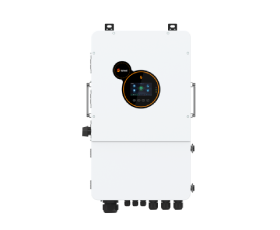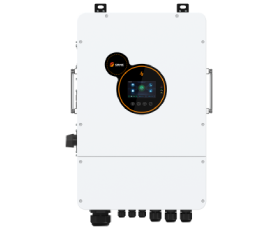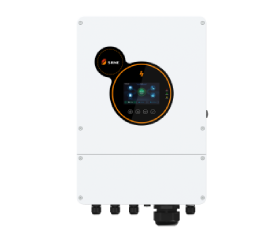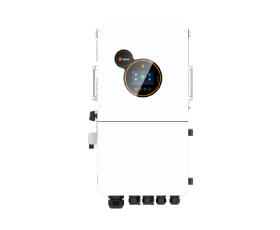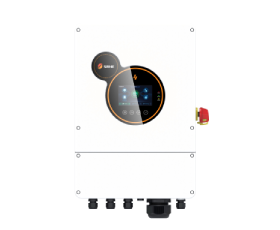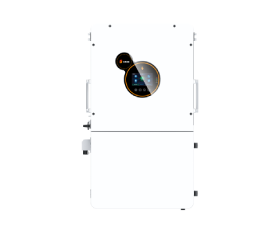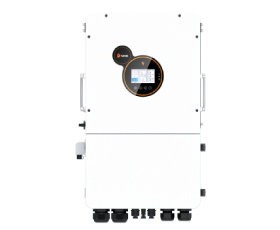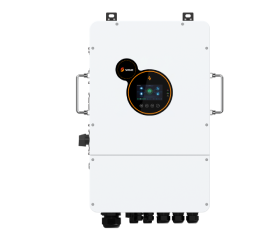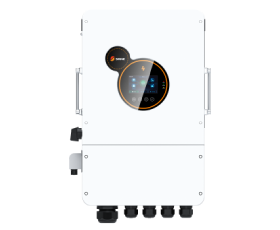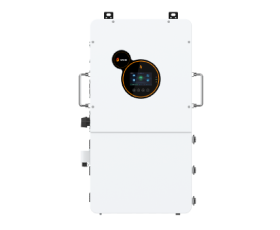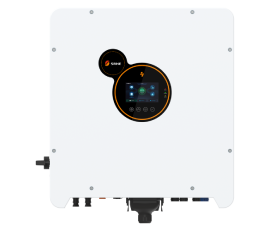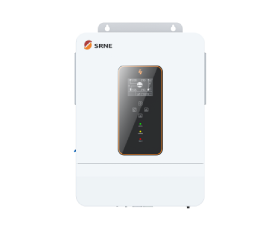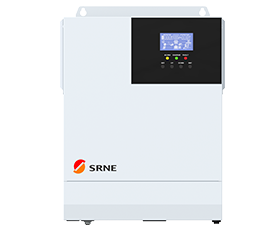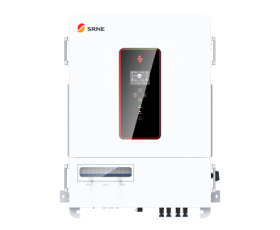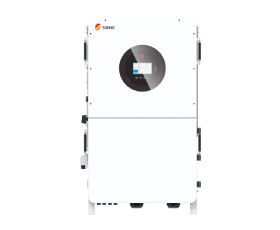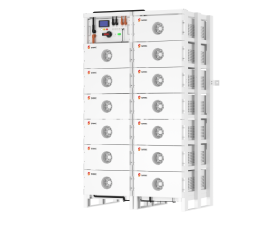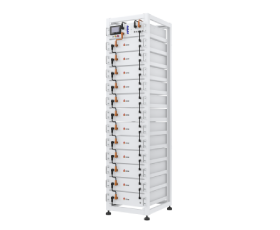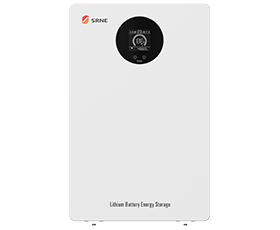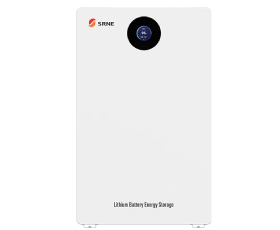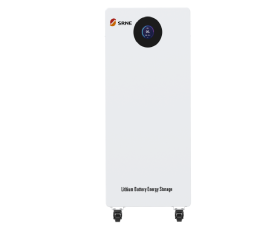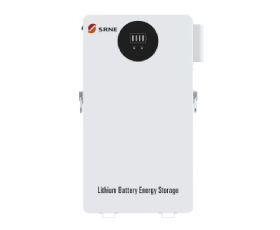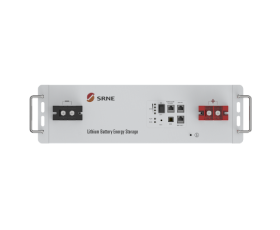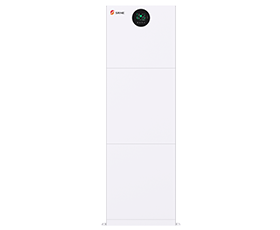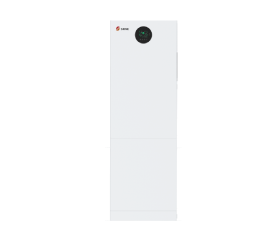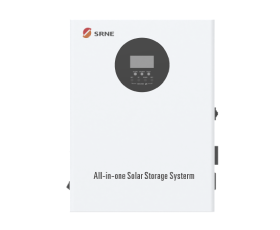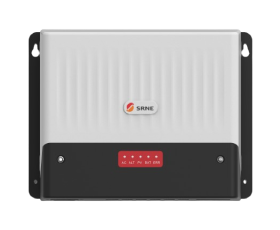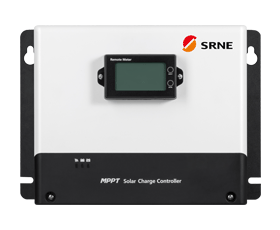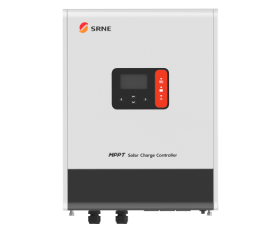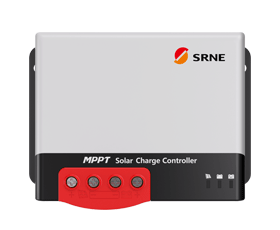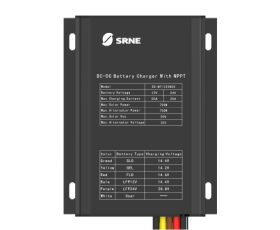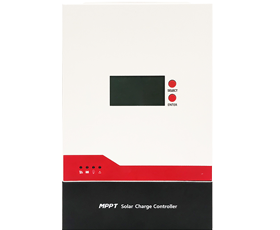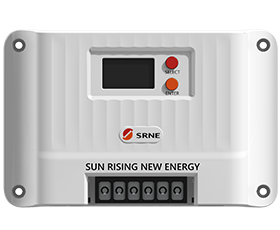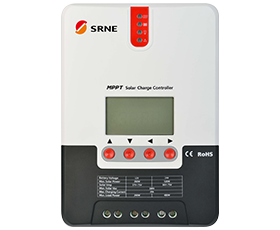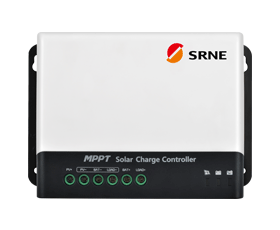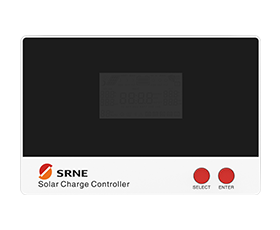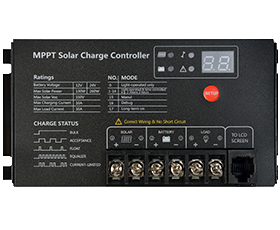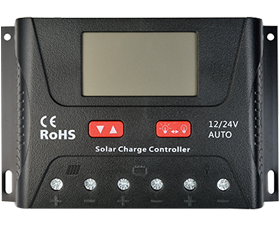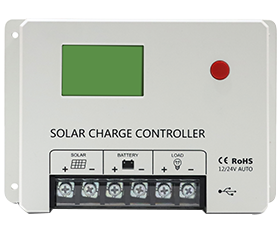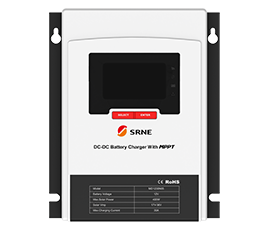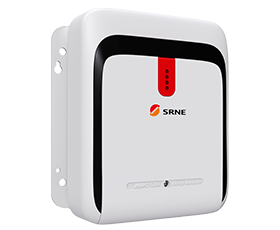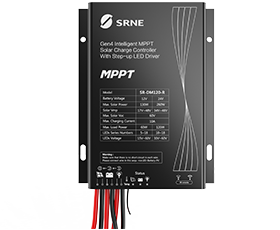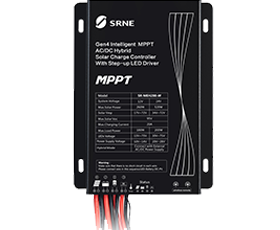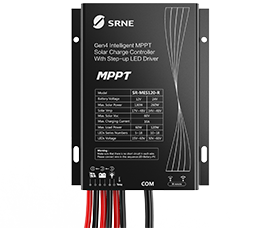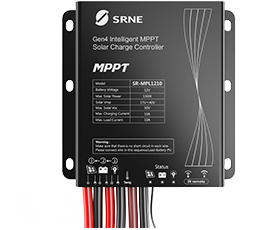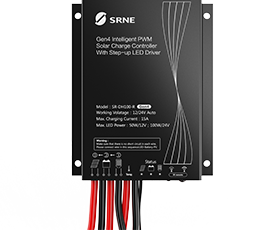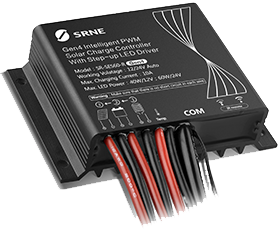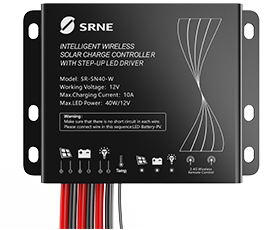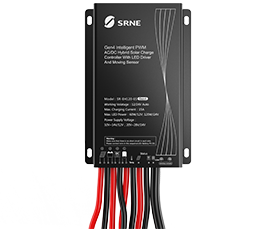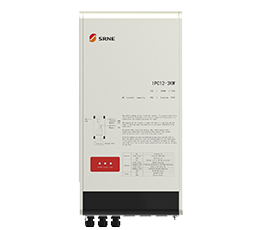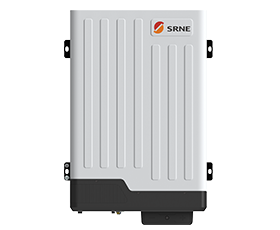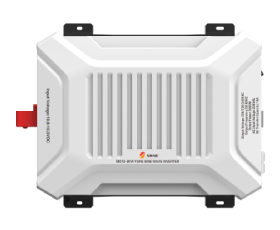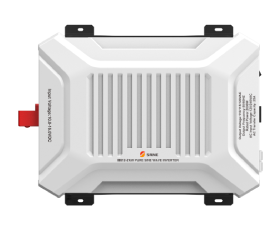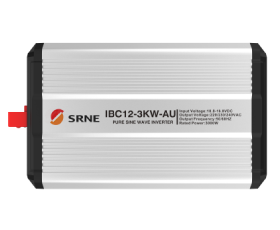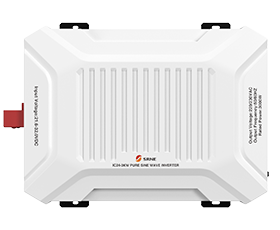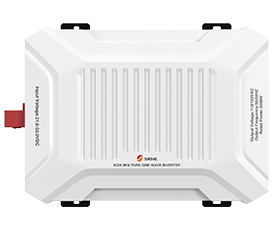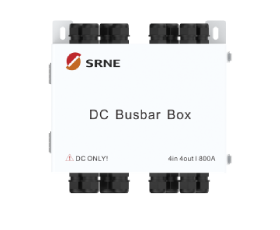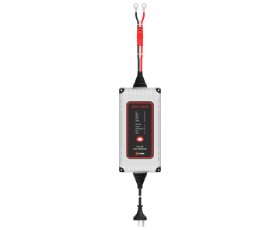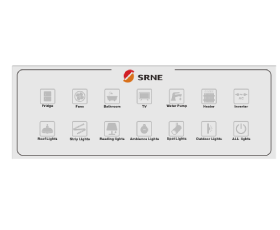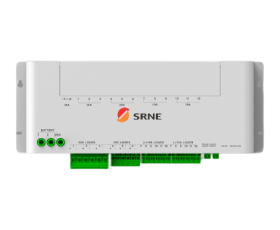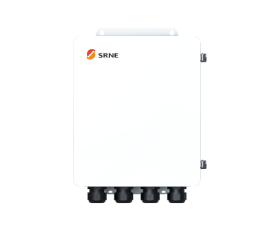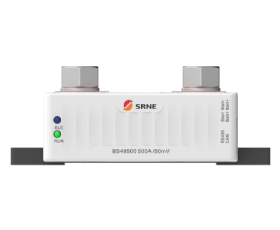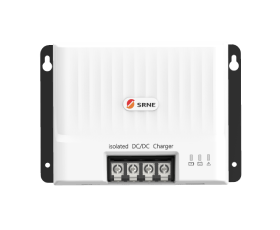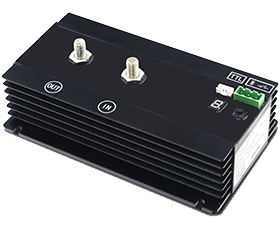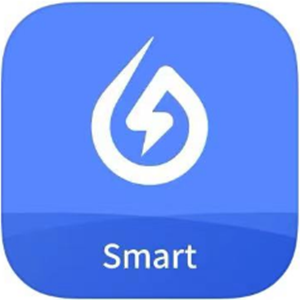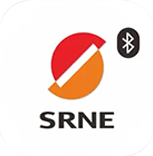How to extend the lifespan of solar inverter?
A solar inverter is one of the most important elements of the solar power system. It is an electrical converter which changes the direct current (DC) electricity captured by solar panels into alternating current (AC), which is the standard flow of electricity required for electrical circuits and domestic appliances.
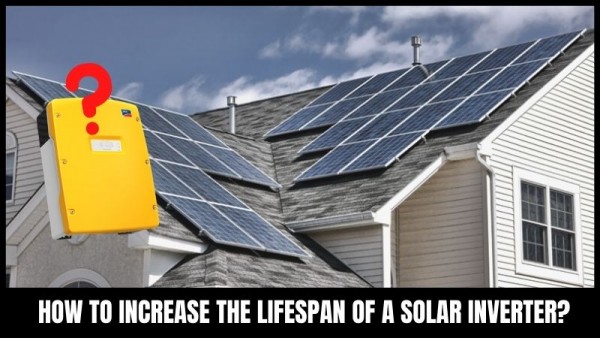
Solar Inverter Lifespan
It is said that the solar power systems have a lifespan of around 25 years. However, most solar inverters may not last for such a long time. Most of them come with a life expectancy of ten years.
Although the estimated lifespan of solar inverters is ten years, indeed there are cases where inverters have lasted for twenty years or more. Solar inverters require regular maintenance in order to ensure that they are working efficiently. Besides, inverters sometimes do require repair.
Factors That Affect The Lifespan of Solar Inverters
There are many factors affecting the lifespan of solar inverters. Some factors, such as heat, humidity and regular maintenance can directly affect the overall lifespan of your inverter but also the performance of the solar system as well. The following are some of them.
1、Internal Temperature of Solar Inverter
The temperature inside the inverter is the most important factor affecting the lifespan of the solar inverter. Excessive temperature will reduce the performance and lifespan of the components. Related researches prove that every time when the temperature increases by 10 degrees, the lifespan of the capacitor will be decreased by 50%. Solar inverter is a heating generation device and its power module, inductor, switch and cable can generate heat. These heat shall be dissipated in time and shall not be stored in a sealed space. Otherwise, the temperature will become higher and higher.
In order to ensure the stability of the internal temperature of the inverter, special attention should be paid to the following items in installation and use:
(1) The inverter must be installed in a ventilated space and maintain good ventilation with the outside world. If it is placed in indoor place, the indoor space shall be more than 10 times of the inverter size. It is suggested to install exhaust fans and other related device. If possible, the air conditioner can be installed.
(2) The direct sunlight shall be avoided. If the solar inverter is installed in outdoor place, it should be installed along the wall or under the frame so that the sunlight can be blocked by the roof or the component.
(3) The installation location of the inverter should be as far away as possible from high-temperature areas such as boilers, electric stoves, heating pipes and air outlets of external units of air conditioners.
2、Input Voltage and Current of Solar Inverter
Improper matching of the inverter's input voltage and current parameters will also affect the life of the solar inverter.
The solar inverter input voltage shall meet certain range. For example, some range is 200-1000V. It means that if the input voltage is in this range, the inverter can function normally. However, even though the input voltage is in this range, the solar inverter service life is different with different input voltage. When the component power is fixed, the series component voltage shall not be too high or too low. It is better to ensure the series component voltage is close to the inverter rated voltage.
3、External Environment of the Solar Inverter
It is also very significant to create a good external environment for the solar inverter. Although solar inverter can meet IP65 outdoor protection condition and can prevent itself from the dust, rain and fog, the lifespan of solar inverter in clean environment is longer than that of solar inverter in dirty environment.
It is recommended that the solar inverter shall be installed in sealed space if the external environment has serious pollution or heavy dust. That is because when dust falls down on the radiator, the heat radiation function will be affected. In addition, if dust, tree leaves and sand come into the air pipe of the inverter, the heat radiation function will also be affected.
Conclusion
The designed lifespan of the solar inverter from factory is same, but the real service life will be greatly affected by installation, operation and maintenance factors. To extend the lifespan of the solar inverter, we need to take these affecting factors into consideration and take corresponding measures.



















